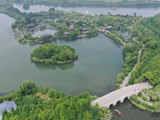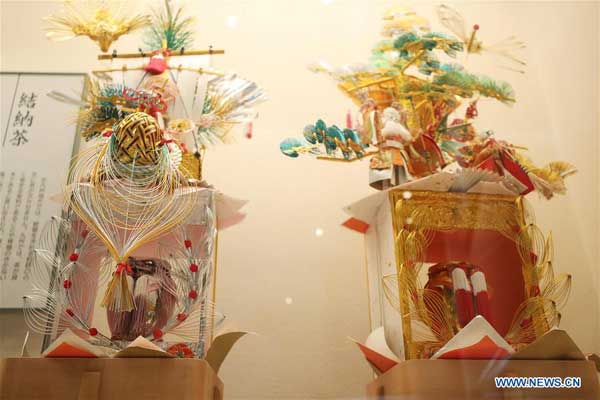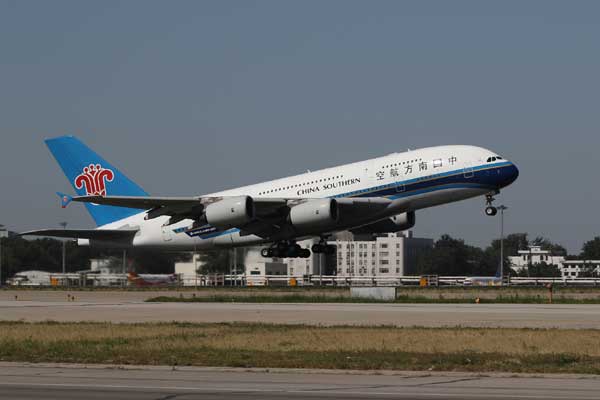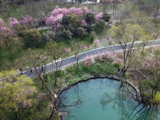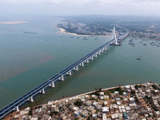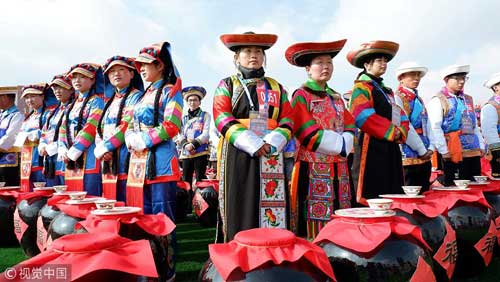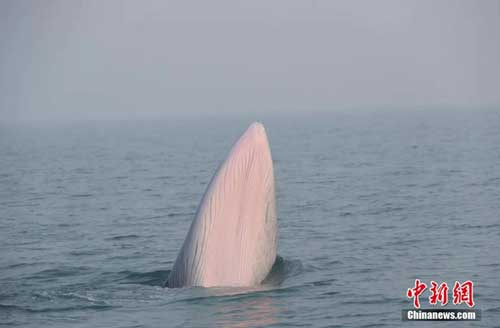The War of Resistance started before and lasted longer than any other part of the Global War against Fascism, where more Japanese soldiers were fought and a higher price was paid than in any other part of the global war. The War of Resistance had a decisive role in securing a complete victory over the Japanese fascists.
It was in China that the curtain was first opened on the Global War against Fascism. With war brewing in both the East and the West, World War II was launched by Japanese, German, and Italian fascists. It began with a series of regional wars, which then gradually evolved into a world war.
The September 18th Incident marked the beginning of the Japanese invasion into northeast China, and set ablaze the first flames of war in the world's fascists' war of aggression. After this, Germany and Italy created a hotbed of war in the West. The Chinese people lifted the banner of anti-fascism, rising in resistance and firing the first shot in the Global War against Fascism. By the time war broke out in Europe in September 1939, China had already been fighting alone in the War of Resistance for eight years, and by the time the Pacific War erupted in December 1941, China had been fighting independently for a decade.
The July 7th Incident in 1937 marked the beginning of Japan's full-scale war of aggression against China. This prompted the Chinese people to wage a nationwide War of Resistance, creating the first battlefield for large-scale fighting against fascism in the East. The China Theater covered an area of approximately 1.6 million square kilometers and over 400 million Chinese were involved in the war. The outbreak of the full-scale war between China and Japan was indicative of the fact that the clashes between the fascist and non-fascist camps were already becoming the main problem confronting the world. Its impact affected the overall international situation and even caused changes in the world order. This was, in reality, the beginning of the Second World War.
China fought and pinned down the bulk of Japan's ground forces throughout the war, holding back Japan's expansion both northward and southward and acting to facilitating the Allies' execution of the "Europe first" strategy. China's protracted war frustrated Japan's plan to expand northward to Siberia so that the Soviet Union did not have to fight simultaneously on both fronts. It also held back and delayed Japan's expansion south.
An expeditionary force was also sent by China to Burma to fight shoulder to shoulder with other Allied forces against the Japanese. As an important strategic base for the Allied forces fighting the Japanese in the Asia-Pacific, China provided other Allied countries with strategic materials, military intelligence, and human and financial resources in support of their anti-fascist struggle.



 ][
][ 



